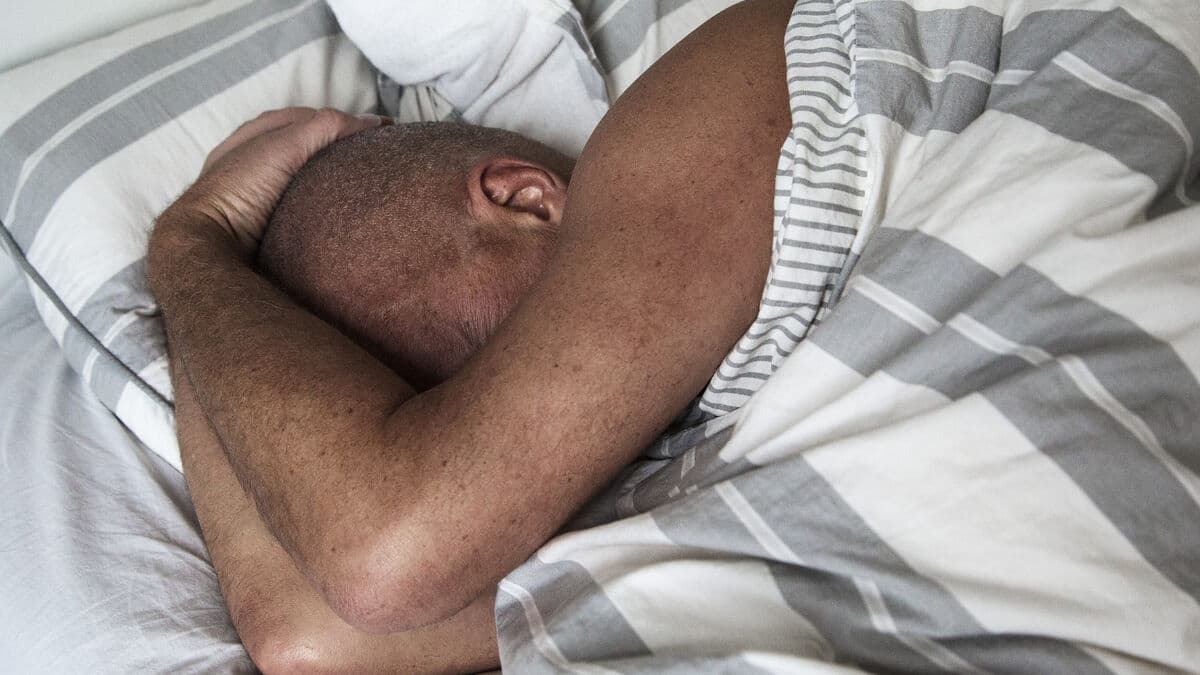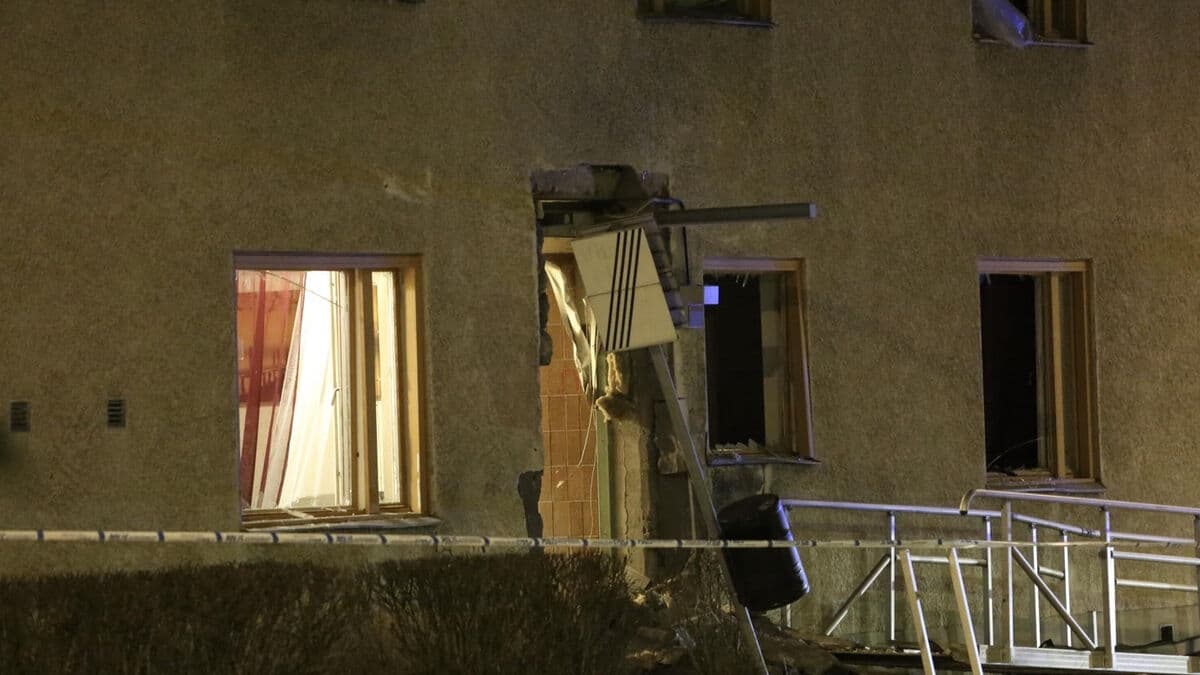Poor sleep has previously been linked to dementia, but one does not know what is the chicken and what is the egg. Now, researchers at Karolinska Institutet have investigated the link between unhealthy sleep habits and the brain.
We saw that people with poor sleep had a brain that on average looked one year older than their actual age, says Abigail Dove, researcher at Karolinska Institutet, who led the study.
Biological brain age
To study the link, the researchers used data from 27,500 people participating in the British study UK Biobank. The participants, who were between 40 and 70 years old, answered questionnaires about, among other things, sleep time, circadian rhythm, snoring, and difficulty falling asleep. The sleep quality was then scored on a five-point scale.
To assess the brain's age, the researchers used images taken with a magnetic camera, on average nine years after the sleep questionnaires were made. With the help of machine learning, the researchers estimated the brain's biological age based on over a thousand different measurements from the brain images. Older brains had overall a greater loss of nerve cells and damage to blood vessels.
According to the study, which was published in the journal eBioMedicine, the length of sleep was what affected the most, and it applied to both little sleep and much sleep.
Previous research has shown that between seven and eight hours is good for most people, and that pattern we saw in our study as well, says Abigail Dove.
Alcohol consumption
The researchers also took into account, among other things, age, cardiovascular disease, alcohol consumption, and physical activity, which can also affect both sleep and brain health.
With the help of blood samples, they also examined substances that show inflammation in the body. Here, the researchers saw that inflammation could explain just over ten percent of the association between poor sleep and older brain age.
Abigail Dove says that the results can be a piece of the puzzle in how the brain ages, but emphasizes that one should not become stressed about a night's poor sleep.
What is positive is that sleep is something we can influence. By prioritizing healthy sleep habits, we can also promote brain health.
Petra Hedbom/TT
Facts: About the study
TT
The study includes 27,500 middle-aged and older people from UK Biobank who have undergone brain imaging with a magnetic camera (MRI). With the help of machine learning, the researchers estimated the brain's biological age based on over a thousand different measurements from the brain images.
The participants' sleep quality was scored based on five self-reported factors: circadian rhythm (being a morning/evening person), average sleep time, difficulty falling asleep, snoring, and daytime fatigue.
Then they were divided into three groups with good (4-5 points), medium good (2-3 points), and poor (0-1 points) sleep.
The study was conducted in collaboration with researchers from, among other places, the Gymnastics and Sports College in Sweden, as well as Tianjin Medical University and Sichuan University in China. It was financed by the Alzheimer's Fund, the Dementia Fund, the Research Council, Loo and Hans Osterman's Foundation, and the KK Foundation.
Source: Karolinska Institutet






